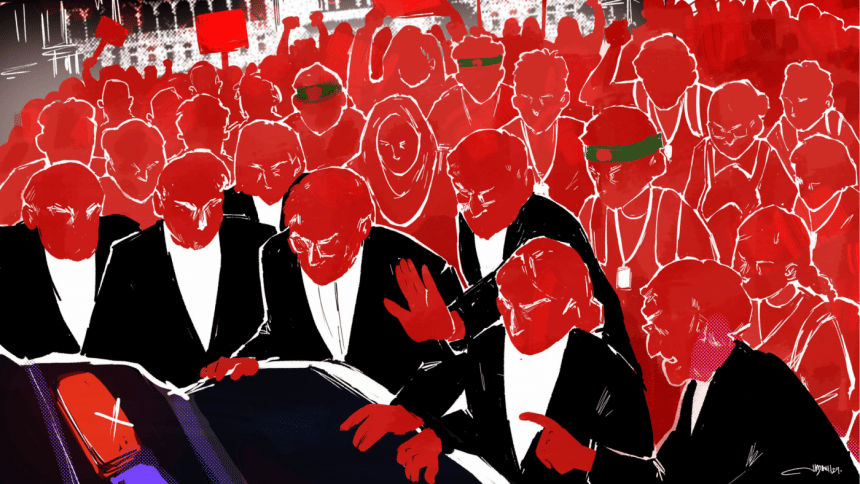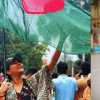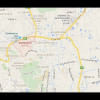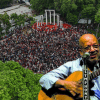The lawyers who stood by the students in their time of need

There can now be little doubt in saying that the past few weeks will go down as an extraordinary moment in the history of our nation – for better or for worse. What started out with peaceful protests surrounding the quota reform have morphed into something that may have very few parallels, be it in the number of people arrested and injured or that of bodies buried.
Students, however, will take heart in knowing that they are not alone. The common people – from rickshaw-pullers and university professors to artists and medical professionals – have come out in support of those who might as well be their own children or younger siblings.
In the midst of this, a particularly inspiring portrait of solidarity has been painted by many lawyers, who, in various capacities, have set the standard in these trying times. Their reasons for coming to the aid of students, the ways in which they have helped them, and their own views and experiences will be examined in this piece.
Barrister Aneek R. Haque of the Supreme Court of Bangladesh, who was engaged in the High Court writ petition filed by Advocates Manzur Al Matin and Ainun Nahar Siddiqa against the police opening fire on student protestors and the detention of the six coordinators of the Anti-discrimination Students' Movement, states why he and his colleagues have taken such a significant step.
He says, "We are not helping the students in the hope of getting paid or anything like that. We are doing it because we owe a duty to our own conscience."
He goes further to delineate the legal aspect of the issues and their own position. "We observed that Bangladeshi law does not allow anyone to be detained in custody without lawful authority, and in this case, no legal procedure had been followed. They were simply taken from the hospital and other places. The constitution says that no one can be detained unlawfully. Even if they had been arrested under any provision of the law, the police would have been bound to produce them in court within 24 hours of the arrest. Then, an application could have been made to either take them on remand or keep them in jail. The law is very clear on this. But none of this was done."
Haque goes on to add, "On the other hand, we also observed that even by official reports, hundreds have died in these protests. Among the dead, there have been many innocent children, students, and pedestrians. The police are going to fire on innocent civilians, which may cause even more deaths. We cannot allow that to happen. Our point is that the police have so many ways to disperse a crowd. The procedures are clearly stated in the Police Regulations, Bengal (PRB) and in other laws, but they are not adhering to those."
But even much earlier than this landmark petition to the High Court, as the Quota Reform Movement began to escalate, various lawyers and legal organisations throughout the nation took it upon themselves to support, free of charge, students who were being taken into custody or arrested. Advocate Al Mamun Rasel of the Supreme Court of Bangladesh is one of them. He cites his own participation in the Quota Reform Movement of 2013 as a reason for his support of students today. He states, "As a university student, I supported the movement because I found it to be a just cause. How can a country progress if talented people are not given opportunities? Thus, this time around, I felt that if, as a lawyer, I could offer my services free of charge and give legal support to students who do not have the means, they would be able to carry on their righteous demands for reform. My team and I have only made this facility available for the general students who are being harassed with false cases, and not anyone with political affiliations."
Going into greater detail of what he and his law chamber do and have done for the students, he says, "When a student is arrested and their parents or friends contact us, we stand on their behalf in court. We have been trying to get them out on bail and to prove that the cases are false. For example, a few days ago, we handled the case of a BAF Shaheen College student who got arrested. We produced all his documents in court and submitted that he is merely a student who could not be involved in what is a false case."
Nonetheless, Rasel acknowledges that obtaining bail is an arduous task that could take a long time. At the time of conducting his interview, none of the people arrested since July 15 had been granted bail, though, as of now, the courts have granted them to some HSC examinees, and the Prime Minister herself has given an order to release arrested students.
For reason of the apparent difficulty of securing bails for arrested students, Sabbir Hossain Sifat, who is the founder and convenor of Progressive Lawyers - Bangladesh, an organisation that has worked to ensure students get proper legal aid, advises the parents and guardians of students taken into custody to locate and arrive at the police stations where their children are being held before arrest is formally made. In his view, that is ideal because they would be able to have them released before a charge sheet is prepared and the case is brought to court, thus sparing the student and themselves from a world of trouble.
Regarding what he has seen and heard of the students who have been arrested, Sifat says, "While the law clearly states that they must be brought before the court within 24 hours, in many cases the accused are not being brought before the court even when days have passed. And in many cases where the students are duly brought before court, we have heard that they suffered physical or mental abuse."
And just like that, as students see with their eyes, hear with their ears, and feel on their very skin and bones such things that may amount to the violation of sacred constitutional values and human rights, the lawyers mentioned above, in addition to the many whom we see on television and social media, work to keep justice alive.
There have been moments of success, such as the release of the six coordinators following the writ. There are questions, such as on what law were the coordinators taken in the first place or why are the people being shot. There is no shortage of roadblocks and consequently, there is no lack of determination.
As Barrister Aneek R. Haque recounts, "The pro-government lawyers kept on heckling us as we submitted before the court. We couldn't even sit – the whole time we were standing because they had occupied all the space. They even resorted to shouting to drown out our voices. But regardless of any of that, we have carried on."

 For all latest news, follow The Daily Star's Google News channel.
For all latest news, follow The Daily Star's Google News channel. 








Comments